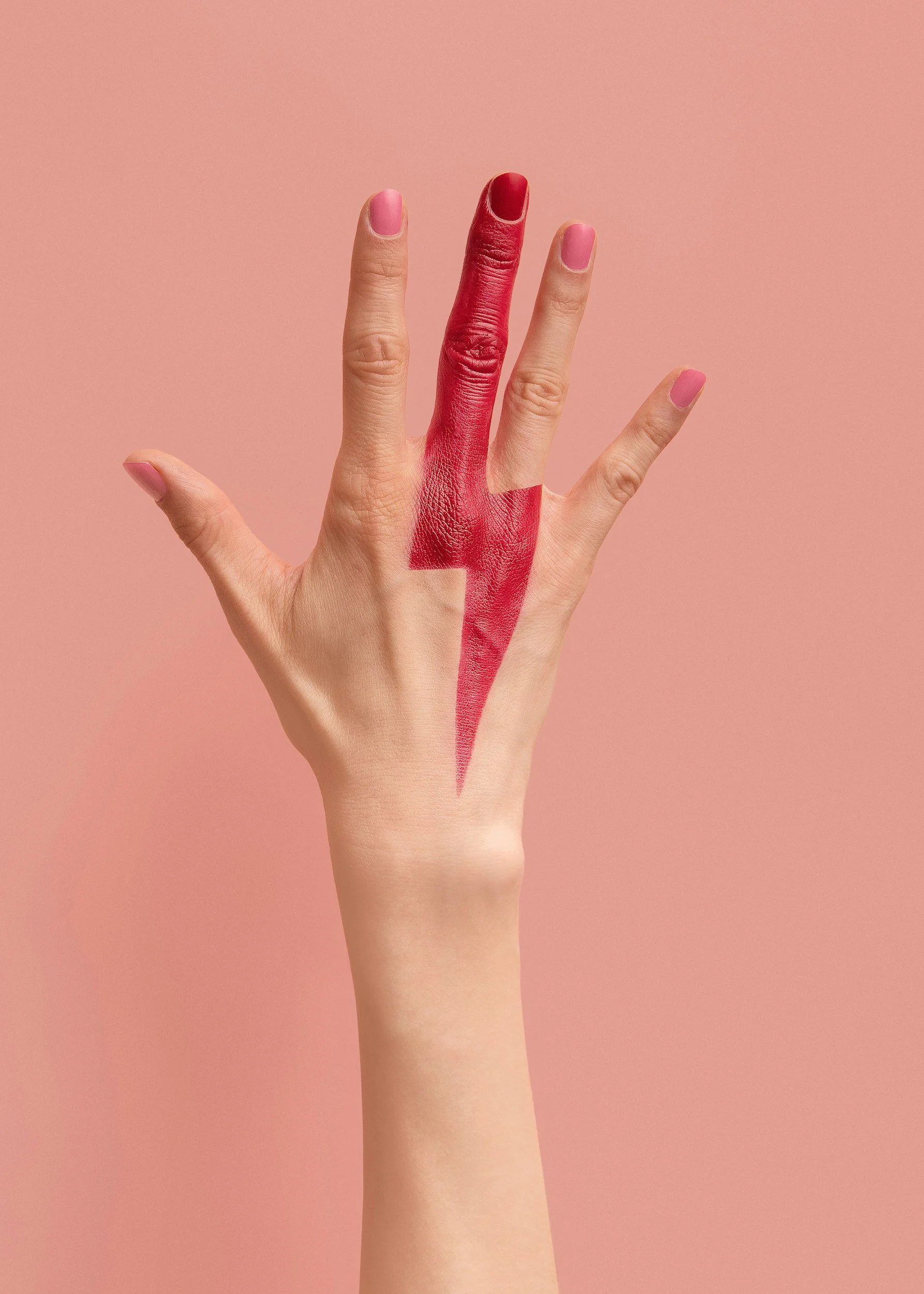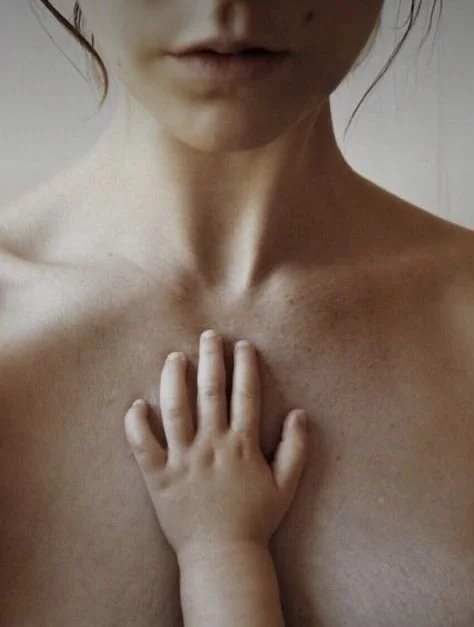The Evolution of How Society Views Menstruation: From Ancient Stigmas to Modern Awareness
The Evolution of How Society Views Menstruation
For centuries, women’s menstrual cycles have been shrouded in stigma, misinformation, and even fear. In many ancient societies, menstruating women were seen as either sacred or untouchable. The Greeks believed menstruation was a form of purification, but other cultures viewed it as something to be feared or avoided. In some cases, menstruating women were even required to isolate themselves from the rest of society, reinforcing the idea that they were impure.
Ancient Beliefs and Practices
In early civilizations, menstruation was often misunderstood and wrapped in superstition. In ancient Rome, menstruating women were thought to have supernatural powers, but these beliefs often took a negative turn. Some thought menstruation could spoil crops, dull mirrors, or even cause disease. Meanwhile, in early Hindu traditions, menstruating women were expected to avoid religious spaces and certain activities, as they were deemed impure.
Similarly, in Jewish culture, the practice of niddahrequired menstruating women to abstain from physical contact with others and undergo a ritual purification before rejoining communal life. While these traditions were deeply rooted in cultural and religious practices, they contributed to a sense of secrecy and shame surrounding menstruation that still lingers today.
The Middle Ages and the Rise of Misconceptions
By the Middle Ages, menstruation had become even more misunderstood. Some religious leaders linked menstruation to witchcraft, further alienating women and deepening societal taboos. Women were often discouraged from talking about their periods, leading to misinformation and a lack of education on basic reproductive health. Menstruation was seen as a weakness, something that needed to be hidden rather than acknowledged as a natural biological function.
During this time, remedies and superstitions surrounding menstruation flourished. Some believed that menstruating women should not bake bread or touch plants, as it was thought that they would spoil food or cause crops to wither. These myths contributed to a culture of silence, where menstruation was viewed as something unnatural and inconvenient rather than a fundamental part of life.
The 19th and Early 20th Century: The Rise of Menstrual Products and Marketing
With the advent of the Industrial Revolution and scientific advancements, medical professionals began to better understand menstruation. However, the stigma did not disappear. In the late 19th and early 20th centuries, menstrual products such as sanitary napkins and early versions of tampons began to emerge, but they were marketed in ways that reinforced secrecy and shame.
Early advertisements for menstrual products avoided direct references to menstruation, using euphemisms such as “feminine hygiene” instead. Women were encouraged to keep their periods hidden, and the messaging suggested that menstruation was something to be embarrassed about rather than a natural bodily function. This period of history cemented the idea that menstruation was a private matter, contributing to the widespread discomfort many still feel discussing it today.
Modern-Day Progress: Breaking the Silence
In recent years, the conversation around menstruation has started to shift. More women and activists are working to destigmatize menstruation and advocate for better education, access to menstrual products, and policy changes that promote menstrual equity.
One of the biggest challenges today is the “tampon tax”, where menstrual products are classified as non-essential and taxed accordingly in many countries. This highlights the financial inequality that still exists regarding access to menstrual care. However, progress is being made, with various countries eliminating the tax and increasing access to free menstrual products in schools and public facilities.
Additionally, discussions around period poverty have gained traction, shedding light on the fact that many women around the world struggle to afford basic menstrual supplies. Organizations and activists are working tirelessly to ensure that menstruation is no longer a barrier to education and daily life for women everywhere.
Where We Go From Here
While we have come a long way from the ancient superstitions and medieval misconceptions about menstruation, there is still work to be done. Open discussions about menstrual health, continued advocacy for affordable menstrual products, and breaking the cultural silence around periods are essential steps toward full menstrual equity.
Education is key—teaching young people that menstruation is natural, healthy, and nothing to be ashamed of will create a more informed and accepting future. The more we normalize the conversation, the closer we come to a world where menstruation is understood and respected rather than stigmatized.
As society continues to evolve, we must challenge the remaining taboos and ensure that every person who menstruates has the dignity, respect, and resources they deserve.
Finding Your New Self: Rediscovering Your Identity Postpartum
Motherhood is a transformative experience, but it can also feel like a total identity shift. The person you were before having a baby is still there, but she may feel buried under sleepless nights, shifting priorities, and society’s expectations of what motherhood “should” look like.
Many new mothers experience an identity crisis—one where they struggle to reconcile their pre-baby selves with the person they have become. The changes aren’t just external, either. Motherhood alters brain chemistry, emotional responses, and how we prioritize our needs and desires. Instead of pressuring yourself to ‘go back’ to who you were, what if you leaned into discovering who you are now?
Understanding the Identity Shift
Becoming a mother is not just about adding a new role to your life—it’s about redefining who you are as a person. Many women find themselves questioning their personal goals, relationships, and even self-worth in the early postpartum months. Hormonal changes, lack of sleep, and the pressure to be a ‘perfect’ mom can all contribute to feelings of loss or confusion about personal identity.
Acknowledge that these feelings are normal. You are not alone in this transformation. Giving yourself permission to grieve the loss of certain aspects of your pre-baby self while embracing the new parts of you is essential for growth and healing.
Mental and Emotional Adjustments
The mental and emotional changes that come with motherhood can be overwhelming. Between increased responsibility, shifting priorities, and societal expectations, it’s easy to feel like you’ve lost yourself. However, you are evolving into a new, equally valuable version of yourself.
Accept that change is inevitable: Instead of resisting, lean into it. Understand that your needs, desires, and ambitions may shift, and that’s okay.
Release guilt: Many mothers feel guilty for wanting time for themselves or pursuing their own goals. Remember, taking care of yourself is also taking care of your child.
Seek support: Connect with other moms who understand what you’re going through. Whether it’s friends, support groups, or therapy, talking about your experiences can be incredibly validating and healing.
Physical Changes and Self-Perception
Your body has gone through an extraordinary transformation, and while society may push the idea of “bouncing back,” the reality is that postpartum recovery takes time. Instead of chasing an unrealistic standard, focus on honoring your body for what it has done.
Appreciate your strength: Your body created and nourished life. That is powerful.
Redefine beauty: Embrace your body as it is today—stretch marks, scars, and all.
Prioritize self-care: Even small acts like a shower, a short walk, or getting dressed in clothes that make you feel good can help rebuild confidence.
Reconnecting with Yourself
Rebuilding your sense of self doesn’t mean returning to who you were—it means discovering who you are now. Here are some ways to reconnect with yourself postpartum:
Rediscover passions: Engage in hobbies or activities that bring you joy, even if it’s just for a few minutes a day.
Set personal goals: Whether it’s career-related, fitness-oriented, or purely personal, having something to work toward outside of motherhood can be empowering.
Establish boundaries: Give yourself permission to say no to unrealistic expectations and prioritize your own well-being.
Embracing Your Evolution
Motherhood does not erase who you were—it adds depth to who you are becoming. Give yourself time, patience, and grace as you navigate this journey. You are allowed to change, to grow, and to rediscover yourself in new ways.
The most important thing to remember? You are still you. And this new version of you is just as worthy, valuable, and incredible as ever.
Take your time, trust the process, and embrace every moment of your evolving identity.


